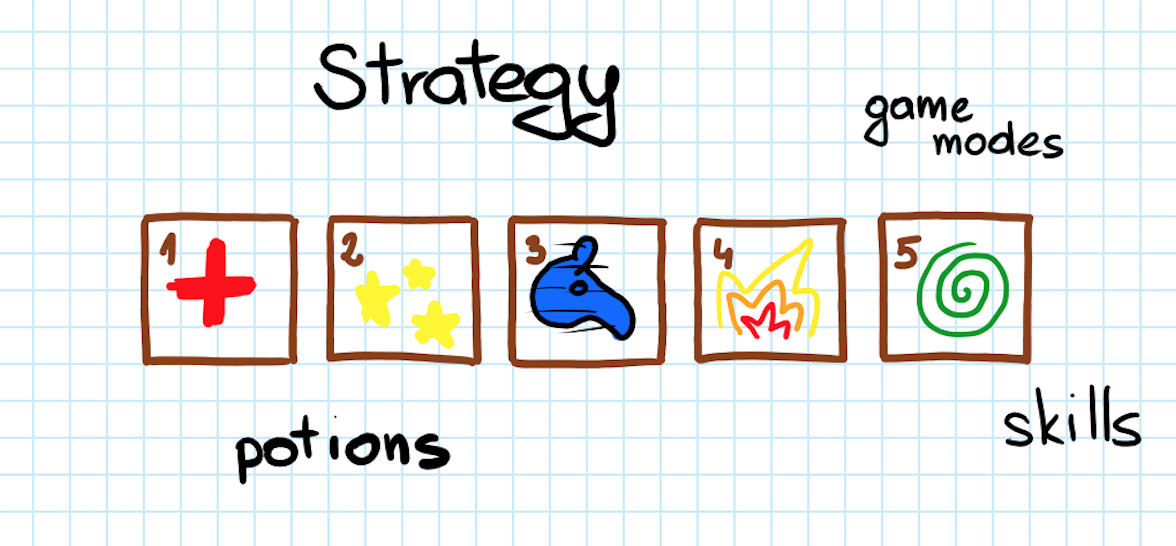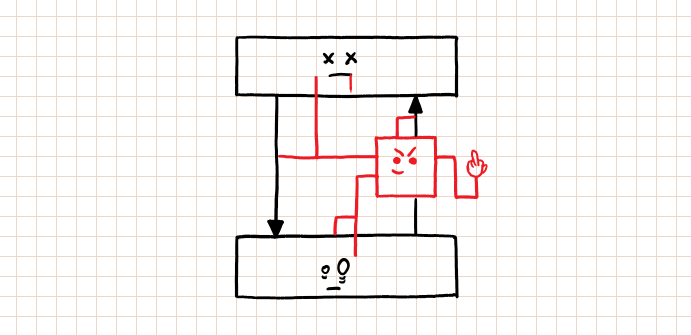
That’s right, I said it. It looks like some web developers want to bring their habits to Unity with them. I understand that you expect it will be easier this way. But I think it may be easier for you (at the beginning), but not for other game developers. Especially not for Unity developers. I came across a couple blog posts, and I saw in the comments that people that thank for the “MVC for Unity tutorial” are the ones that are already familiar with MVC and want to do something in Unity. I find it a quite dangerous approach. It looks like they don’t know what MVC is for, WHY do we even use it. Main benefits of using it shatter in Unity when understood wrong. When I want to learn Unity, I should look for “Unity tutorial” in Google. Or “Xamarin tutorial,” or “Ruby on Rails tutorial.” Looking for something like “How to make a web page in Unity” doesn’t seem the most effective path, though it may be an interesting adventure. It’s a good idea to explain some new concepts basing on the ones you are already familiar with (i.e. Unreal Engine for Unity developers). But then you should familiarize with the new framework and its “culture.” And don’t get me wrong, it’s totally okay to try new, even weird, things. It may only develop you as a programmer. Go, have fun, make a game in assembly or banking app in Unity. But if you really want to learn something new, then learn something new. Don’t stick to your habits just because you feel safe. Let’s get to some technical details. Continue reading “Don’t bring web development toys to Unity’s kindergarten”

 In the previous post of ‘Read it like a book’ series we talked about Centralized Control. In this basic object-oriented concept, high-level classes call methods on lower-level ones. Lower-level classes call events that the high-level classes listened and reacted to. But it is not always the best or even a possible solution. Observers are great, but there are cases where using them leads to classes that cause some nasty problems. In the next two posts of the series we’ll introduce design patterns that’ll help you to handle foreign services (databases, analytics), multi-platform development (analogical, but separate services for Android and iOS, like In-App Purchases or Leaderboards) and such everyday things like Audio or Input Managers.
In the previous post of ‘Read it like a book’ series we talked about Centralized Control. In this basic object-oriented concept, high-level classes call methods on lower-level ones. Lower-level classes call events that the high-level classes listened and reacted to. But it is not always the best or even a possible solution. Observers are great, but there are cases where using them leads to classes that cause some nasty problems. In the next two posts of the series we’ll introduce design patterns that’ll help you to handle foreign services (databases, analytics), multi-platform development (analogical, but separate services for Android and iOS, like In-App Purchases or Leaderboards) and such everyday things like Audio or Input Managers.
